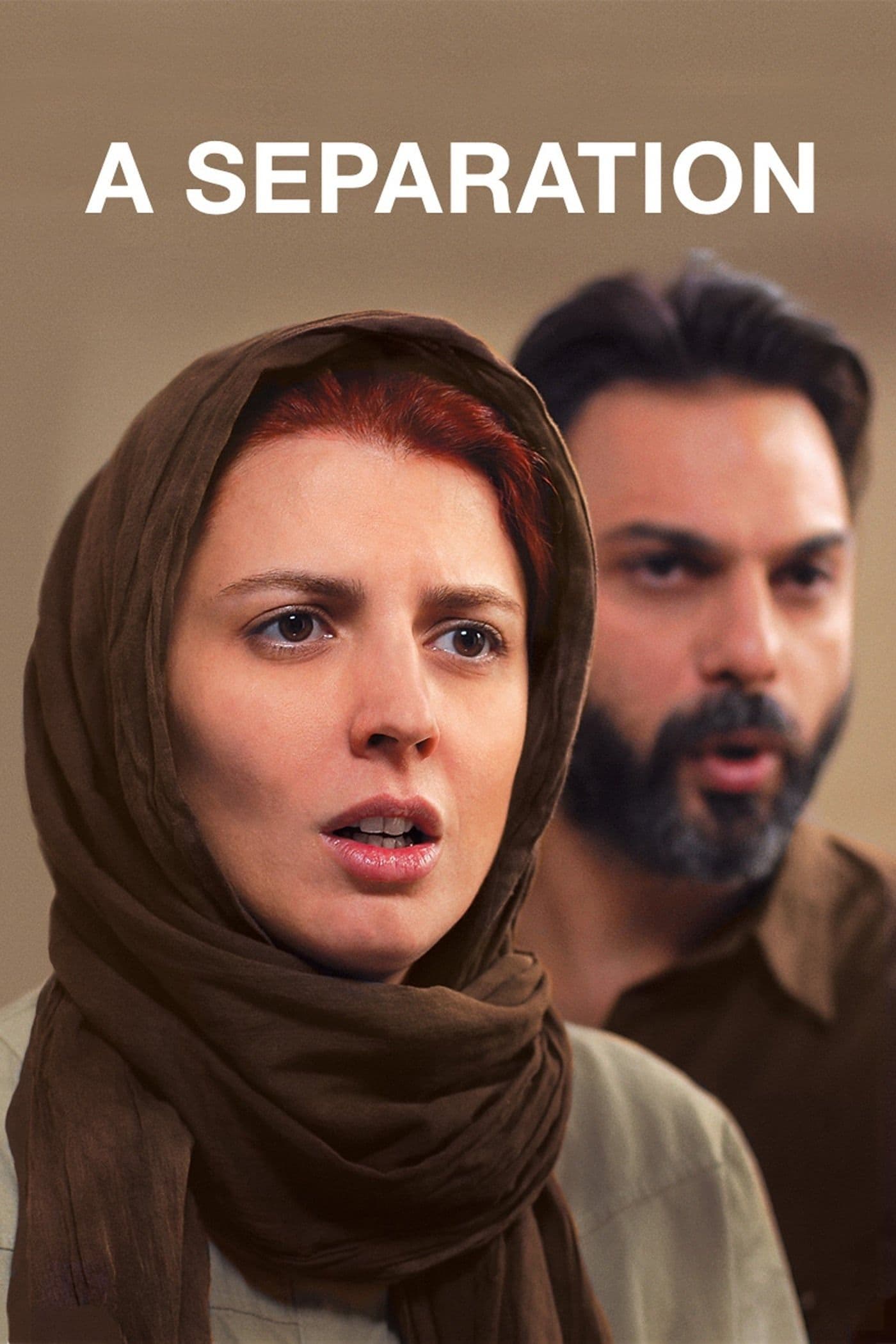
A Separation
2011
Rate this movie
Average: 3.50 / 5
(2 votes)
Director
Fifth film by Iranian director Asghar Farhadi, winner of the Golden Bear in Berlin. This international consecration was not a bolt from the blue, but the culmination of an authorial path that Farhadi had begun to delineate with works like About Elly and Fireworks Wednesday, where his peculiar ability to dissect lies and secrets as catalysts for everyday dramas and to portray the complexity of human relationships in contemporary Iran already emerged.
A film that reveals itself as a delicate fresco of an Iran frayed in its emotional connections and social fabric, a country that, beneath the surface of a coveted and often only yearned-for modernity, harbors the deep lacerations of deeply rooted traditions and latent inequalities. Farhadi does not limit himself to portraying a family microcosm, but elevates it to a synecdoche of an entire country-system, a prism through which to observe the internal tensions of a society in precarious balance.
And precisely these two themes are developed in the film with ambivalent focus: on the one hand, the crumbling of the marital relationship between the protagonist Nader and his independent wife Simin, who, wishing to emigrate, separates from her husband; on the other hand, the Kafkaesque judicial affair that sees him implicated for having (or NOT having) pushed his sick father's caregiver, causing her to fall down the stairs and lose the child she was carrying. The adjective "Kafkaesque" here is not accidental: the bureaucratic and moral labyrinth in which Nader finds himself trapped evokes the absurdity and unfathomable opacity of justice as described by Kafka. It is not so much about ascertaining an irrefutable factual truth, but rather about navigating a sea of subjective perceptions, partial truths, compassionate lies, and clashing religious interpretations, revealing the impossibility of a unique resolution in such a stratified context. Every testimony is a piece that deforms or confirms the previous one, a game of mirrors that reflects the epistemological uncertainty of a multifaceted reality, an ontological question about the very nature of truth in an era of fragmentation.
A story filmed and recounted with a veristic sobriety that borders on documentary, a stylistic choice reminiscent of the almost clinical rigor of the Dardenne brothers or the neorealist urgency of certain masterpieces of post-war Italian cinema, but with an unsettling edge that snakes along the backbone of the narrative, rendering it indecipherably unstable, almost like an imperfect focus of a trivial shot that would deserve a far different focal exposure. This directorial approach, characterized by the almost exclusive use of a handheld camera, long takes that follow the characters in confined spaces, and natural lighting, immerses the viewer in a claustrophobic intimacy with the characters, exacerbating the latent tension and amplifying the sense of urgency of every dialogue, every glance. There is no single objective "truth" to cling to, but a constant invitation to doubt, to empathize, to suspend judgment, as if the viewer themselves were called to sit in the jury box of this moral tribunal.
The two storylines intertwine to weave a portrait of a country torn between the Western forces of modernization, represented by the clear-headed and pragmatic Simin who desires a future of greater opportunities for her daughter Termeh outside national borders, and the oppressive catafalque of tradition and its moral and religious frameworks, embodied by Nader's filial piety but above all by the despair and unwavering faith of Razieh and her husband Hodjat, representatives of a humbler social class deeply rooted in Shiite religiosity. This dichotomy is never Manichaean; there are no absolute good or evil characters. Every character is moved by their own irrefutable, albeit sometimes erroneous, internal logic, by ethical principles that find justification in their worldview. The tragedy stems precisely from the mutual incomprehension of these visions, from the collision of moral codes and existential priorities, from the painful difficulty of communicating and finding common ground in a context of deep social and economic disparities.
The cast's skill is equally crucial: the acting possesses a mimetic naturalness that borders on improvisation, with performers such as Payman Maadi (Nader) and Leila Hatami (Simin) embodying with rare intensity the emotional complexity of their characters, and the exceptional Sareh Bayat (Razieh) who gives face to the dignity and despair of the female and proletarian condition, while Shahab Hosseini (Hodjat) explodes with a visceral fury that reveals his fragility. Even the young performers, Sarina Farhadi (the director's daughter, Termeh) and Kimia Hosseini (Somayeh), are extraordinary in bearing the weight of the adults' tragedy on their young shoulders, serving as a moral compass and silent witnesses to a generational and social rift that the film mercilessly highlights.
A compelling story, never tedious, that tells us about a distant country and its inescapable contradictions, but above all questions us about the nature of truth, individual and collective responsibility, and the impossibility of a definitive judgment in a world imbued with nuances. Farhadi offers us a work of rare dramatic power and profound ethical resonance, which transcends its geographical and cultural frame to become a universal parable on the fragility of human bonds and the eternal search for justice in an imperfect world, leaving the viewer with a persistent and perturbing echo that will accompany them far beyond the cinema hall. A masterpiece of contemporaneity that redefined Iranian cinema in the eyes of the world.
Gallery
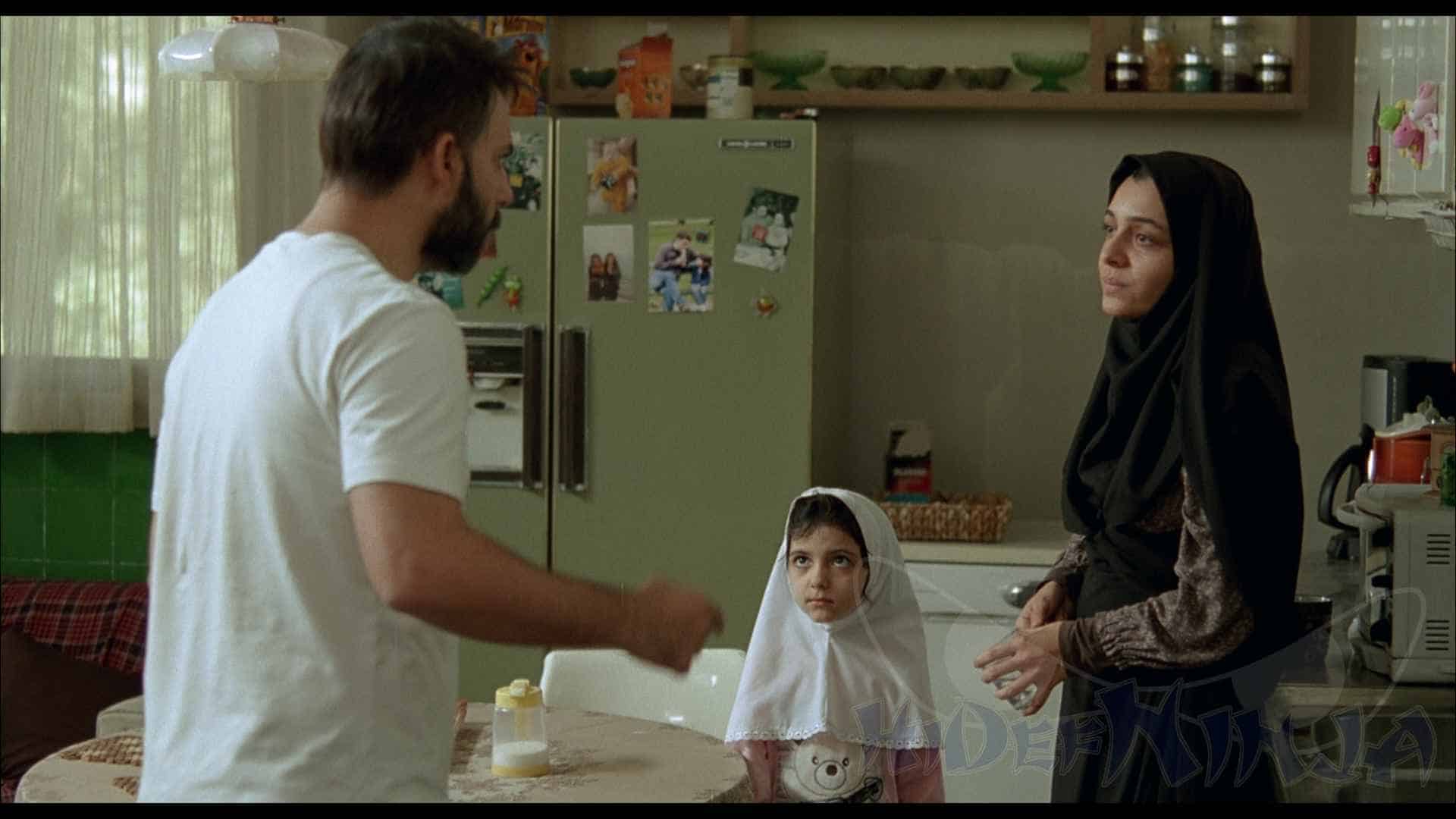
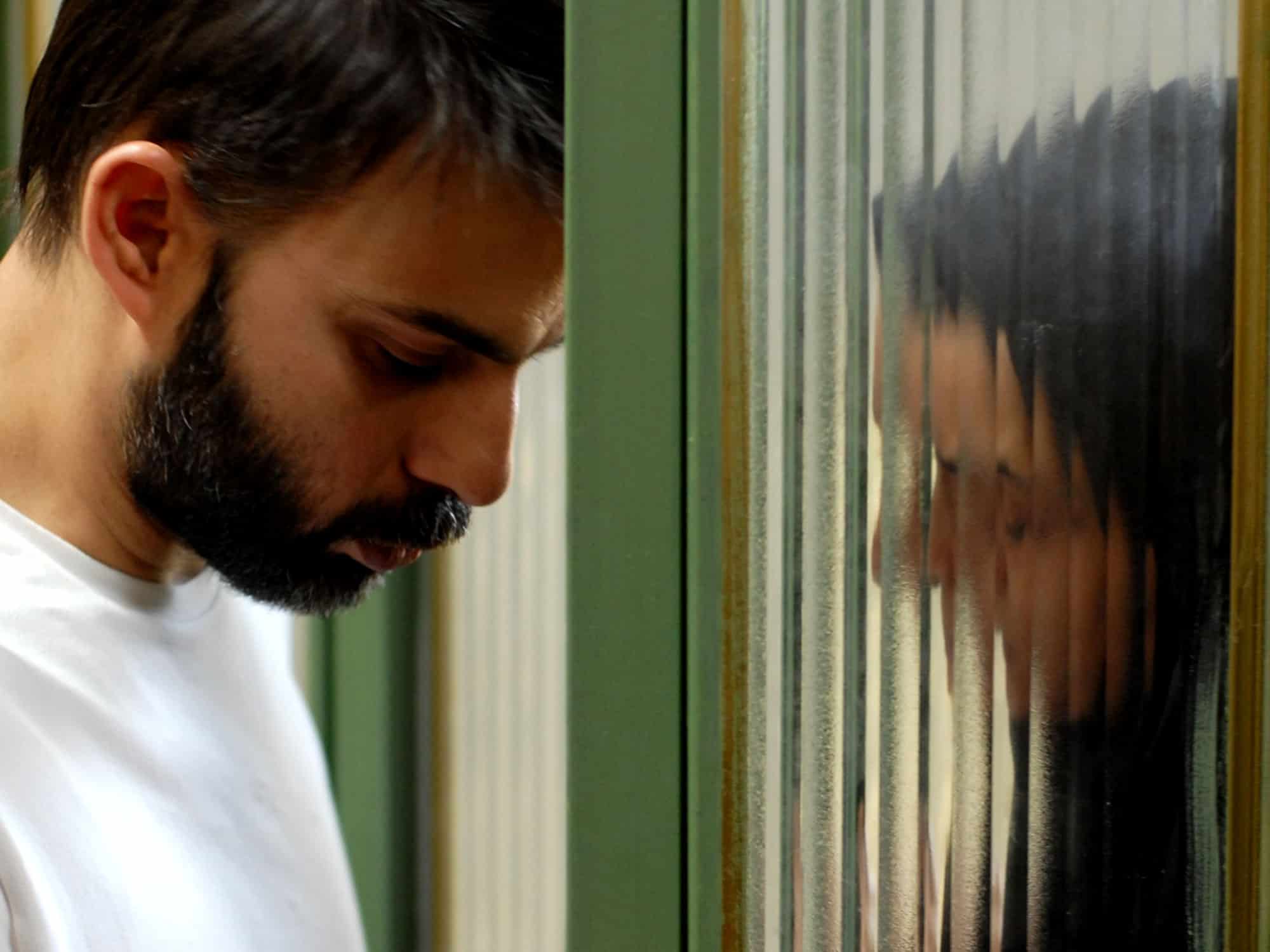
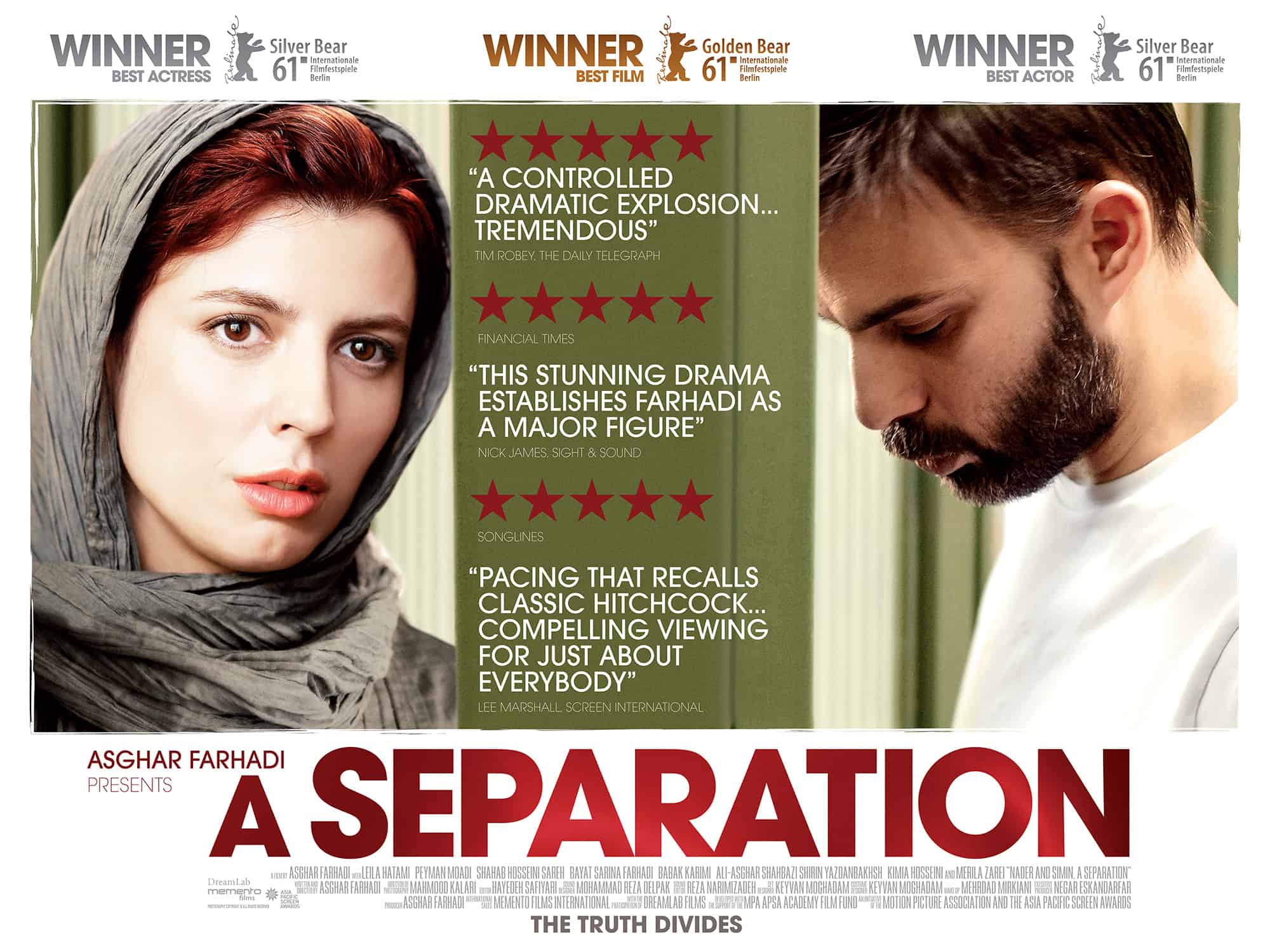
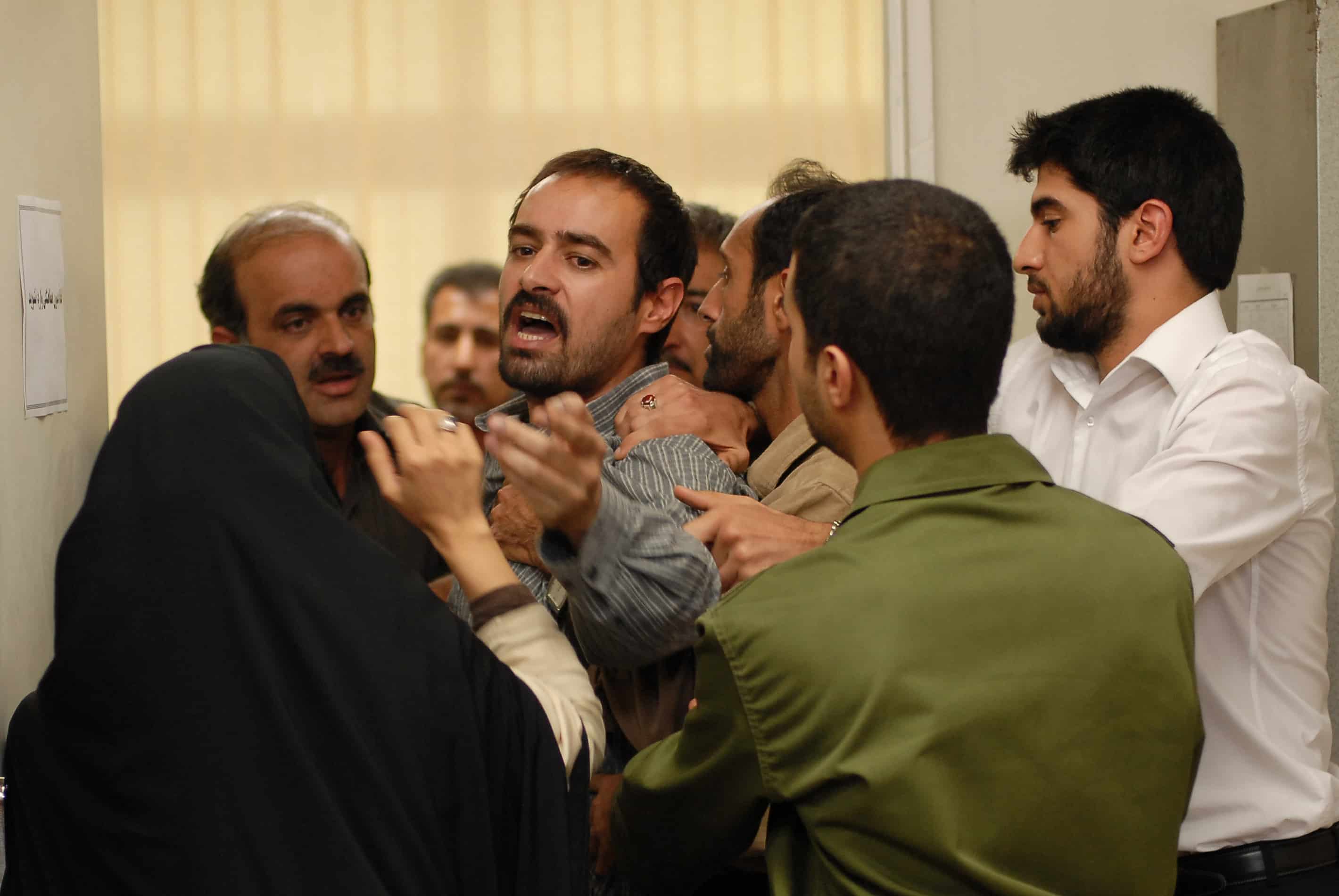
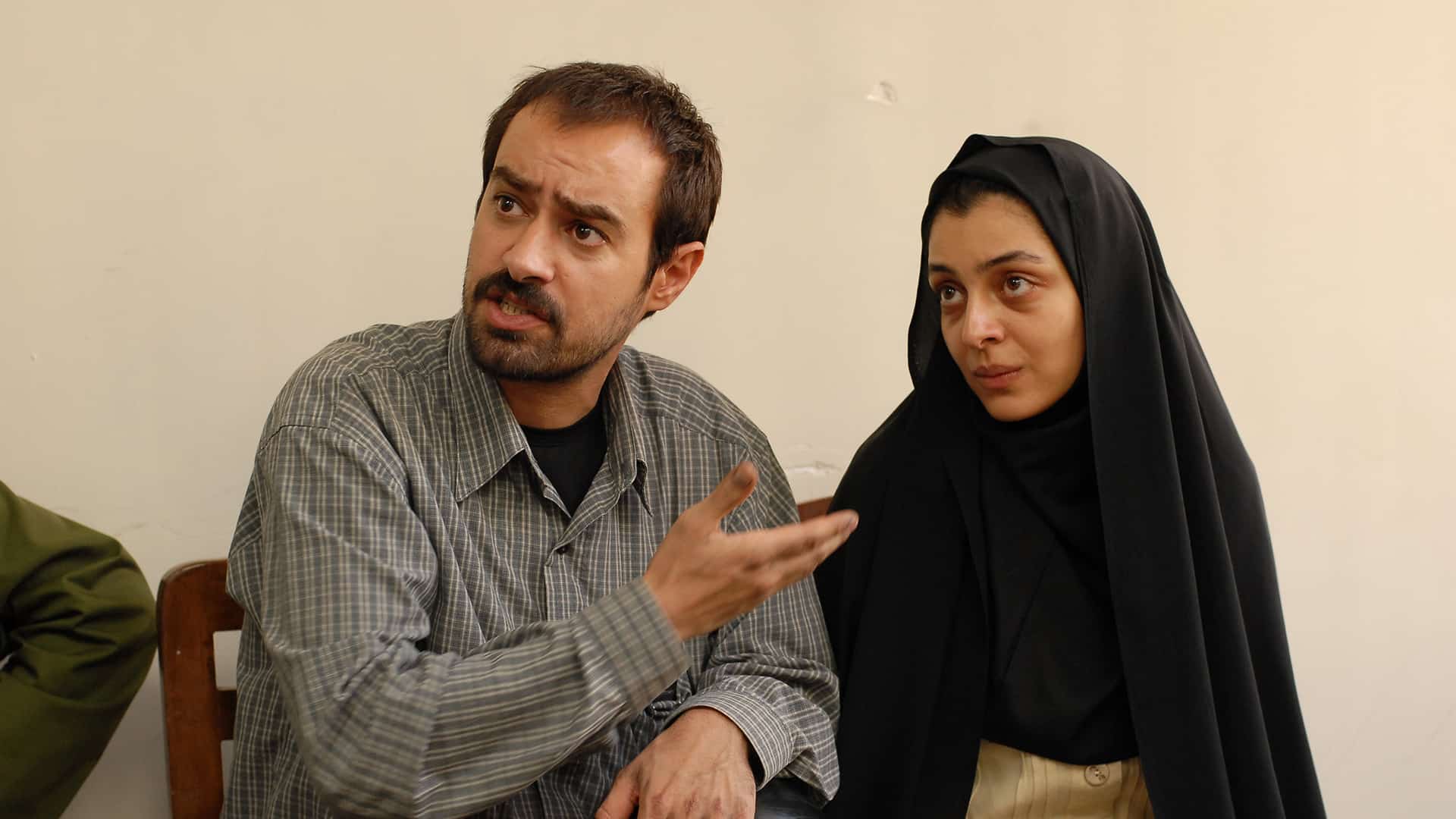
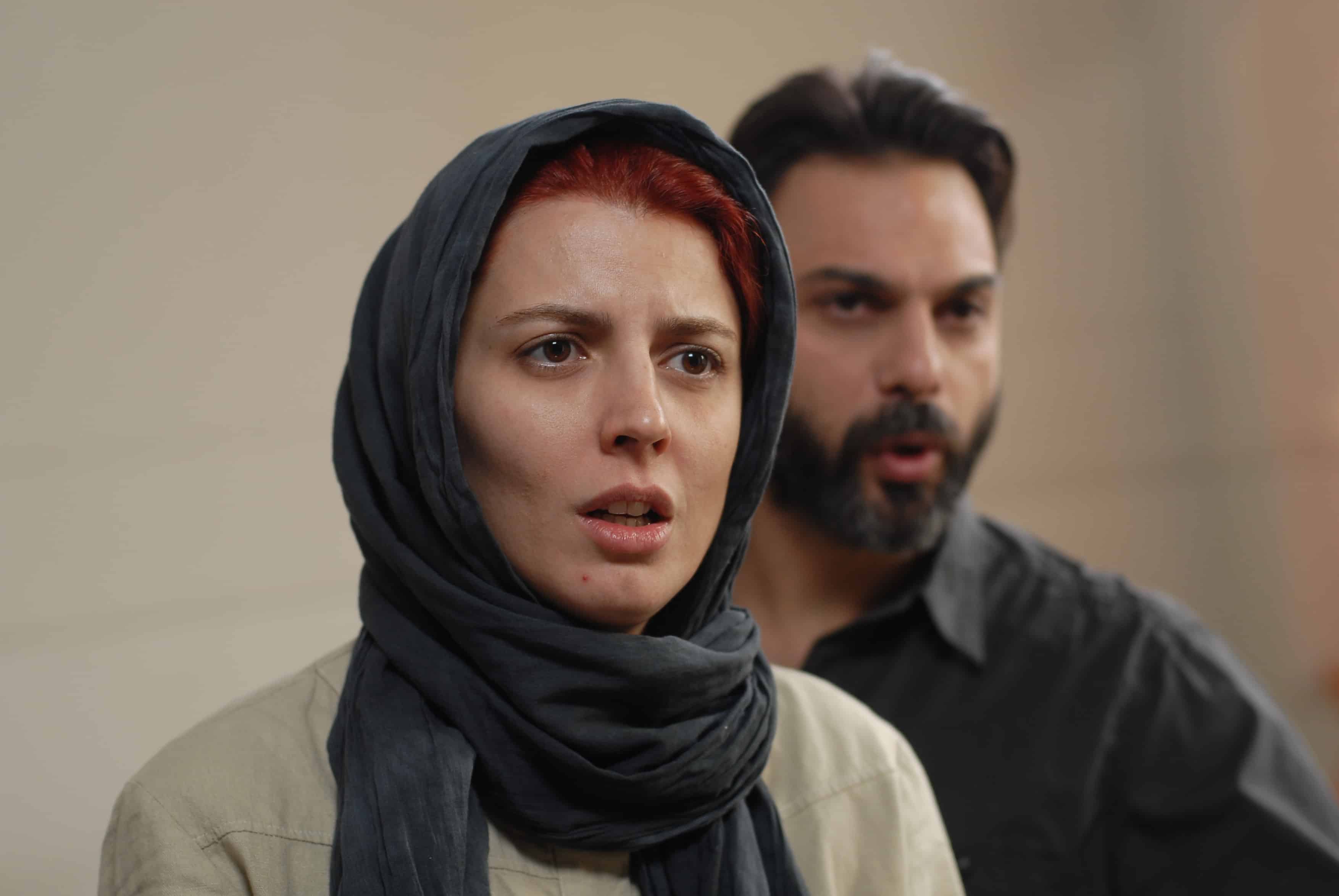
Comments
Loading comments...